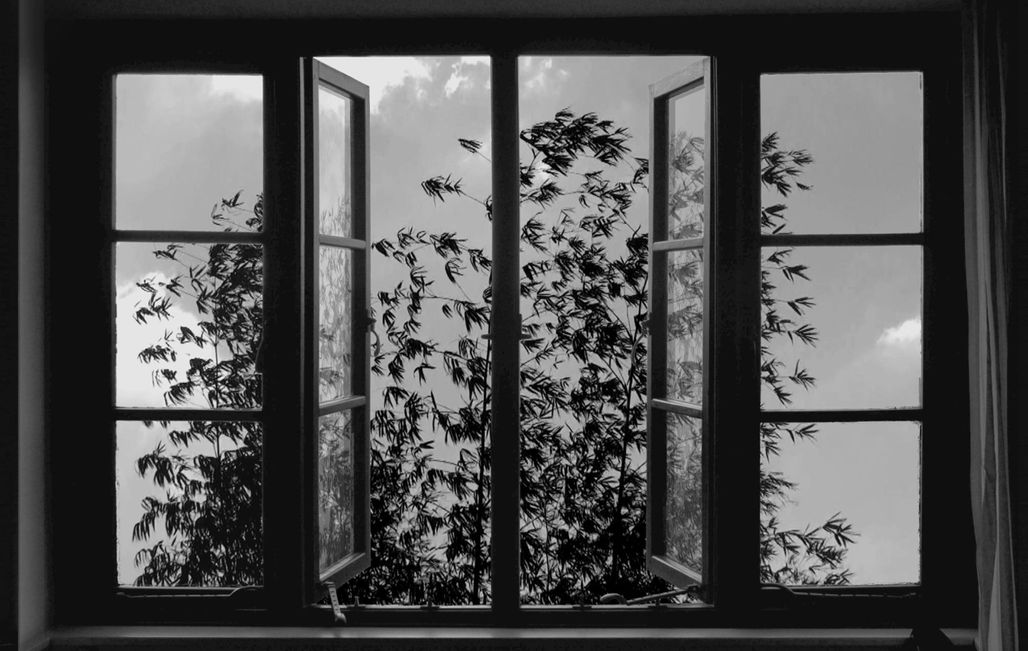
Event: The Festival de Cannes pays tribute to Abbas Kiarostami

It's been nearly a year since Abbas Kiarostami passed away. He succeeded in leaving an indelible mark on the world, always pushing back the limits of innovative, poetic cinema, even up to the very end. Abbas Kiarostami leaves behind a new film, 24 Frames, each segment of which is inspired by a photograph. This film will be shown at an event screening attended by an Iranian delegation. The late director's son, Ahmad Kiarostami, will also be in attendance. We recently caught up with him.
What was it like being at your father's side while at Cannes?
My father always had a tough time at the screenings. He always got nervous when somebody walked out, even to go the restroom, or if they didn’t laugh loud enough. I was here for the first time for Certified Copy. It was the first time I watched a movie on such a big screen. The reaction after the movie was amazing, and I remember that my father was very happy. It was very difficult to talk to my father in the days leading up to the Festival because he was so nervous, but afterwards he was much more relaxed.
How do you feel about coming to Cannes with your father’s last film?
It’s been a heavy load on my shoulders. The movie is not mine. I’ve been working on post-production for the past five months. We had to make some changes, but always while trying to put our own views aside; we had to guess how my father would have thought about this. Now I’m very anxious, and I finally understand why I couldn’t talk to my father the day before the screening.
What is 24 FRAMES about? What is your personal view?
My father said many times that he likes photography more because he doesn’t have to tell stories. This film is where his photography, films and poetry all intersect. I see it like a poetry book that you can open whenever you want, to any page you want, and just read one or two pages. You have 24 short films. When you see 24 Frames, it’s not just a film: it’s an installation, film, photography, etc. all rolled into one. The closest thing I’ve ever seen that compares is his own movie "Five". But this film takes it one step further.
He said, “When you look at a painting, you only see the one scene that the painter painted. But something happened before and after.” He decided to create movies that were 4 minutes long showing what happened before and after. He actually called it “before lumière and after lumière”.
How do you approach cinema as the son of one of the greatest filmmakers in history?
I went through phases. At one point I liked action films even more than my father’s films. I love the films that he made for children. I remember the very first film he made that didn’t look like the other films. It was Close Up. I didn't like that film at all. I was eighteen, and I was used to him making films about children. Now I think it’s his best film.
Your father taught a lot of young filmmakers around the world. Do you think he has cinematographic heirs? Anahita Ghazvinizadeh, for instance, who is in Cannes this year, learned about cinema in one of your father’s workshops.
I love Anahita. I look forward seeing her new film They. After he got sick, I got so many messages and videos from his former students wishing him well. You see how deeply he has touched people’s lives. It’s not about making films; it's about how to see life. He never said he was a filmmaker. He said “I do different things, I’m more a photographer than a filmmaker”. In his classes he used to say “I’m a photographer. I usually make my money from photography, so I can do whatever I want with my films.” When you talk to people about their experiences in my father classes, they say they learned how to look at life. Not just films.


